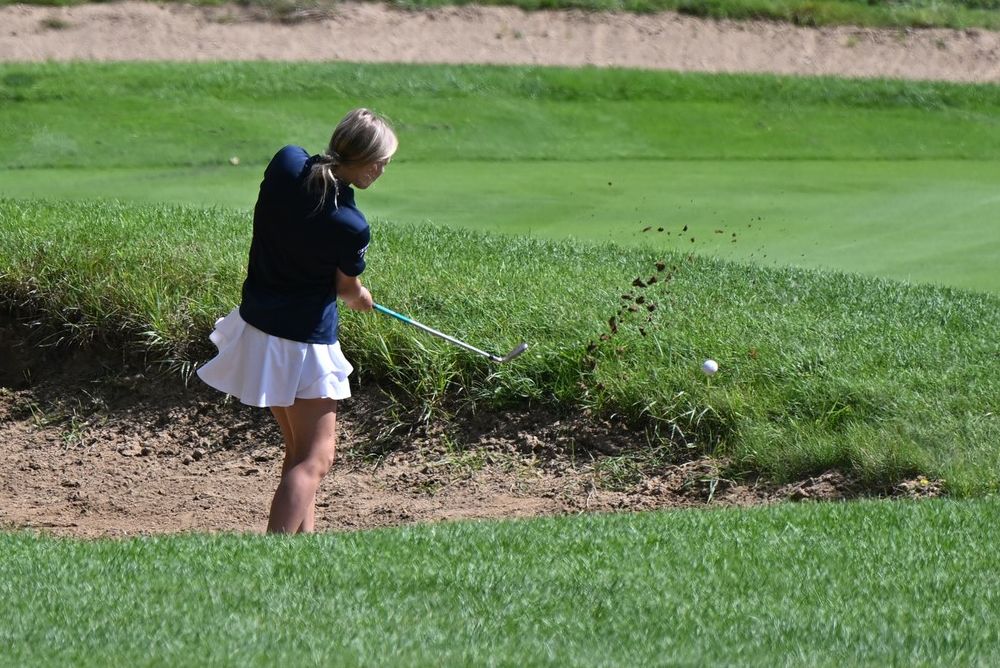
Be the Referee: Automatic 1st Downs
October 29, 2020
This week, MHSAA assistant director Brent Rice explains how high school football rules differ from those at the collegiate and professional levels when it comes to awarding automatic first downs.
Be The Referee is a series of short messages designed to help educate people on the rules of different sports, to help them better understand the art of officiating, and to recruit officials.
Below is this week's segment - Automatic 1st Downs - Listen
Today we are going to talk about one of the biggest rule difference areas in high school football from those rules used in college and pro games, and that deals with automatic first downs.
When watching that college game on Saturday or the pro game on Sunday, all of us know there are several defensive fouls that give the offense an automatic first down. However, under high school rules, the opposite is true most of the time.
The only high school fouls that result in an automatic first down for the offense are the roughing fouls – roughing the passer, the kicker, the holder and the long snapper. Fouls such as defensive pass interference or any other personal foul do not bring an automatic first down under high school rules.
Past editions
10/22: You Make the Call: Illegal Kick - Listen
10/15: Toe the Line on Penalty Kicks - Listen
10/8: Disconcerting Acts - Listen
10/1: Ball Hits Soccer Referee - Listen
9/24: Clocking the Ball from the Shotgun - Listen

Be the Referee: Animal Interference
By
Paige Winne
MHSAA Marketing & Social Media Coordinator
September 20, 2023
Be The Referee is a series of short messages designed to help educate people on the rules of different sports, to help them better understand the art of officiating, and to recruit officials.
Below is this week's segment – Animal Interference - Listen
In golf – it’s common to hear about birdies, eagles, maybe even an albatross. Or in my case, a snowman. But what if an actual animal interferes with your ball while in play?
There are two kinds of interference.
The first involves a ball still in motion. If you are putting and a squirrel darts out and stops or redirects your putt, you simply get a do-over from the original spot.
Off the green, if a moving ball is stopped or re-directed, you play the ball from where it ultimately stops.
If your ball is stopped and a seagull picks it up and carries it off – you just replace the ball to its original spot and proceed.
It doesn’t happen often, but now you know how to deal with squirrels and seagulls … in addition to birdies and eagles.
Previous Editions
Sept. 13: Feet Rule on Soccer Throw-In - Listen
Sept. 6: Volleyball Jewelry - Listen
Aug. 30: Football Rules Similarities - Listen
Aug. 23: Football Rules Differences - Listen
(PHOTO by Gary Shook.)

